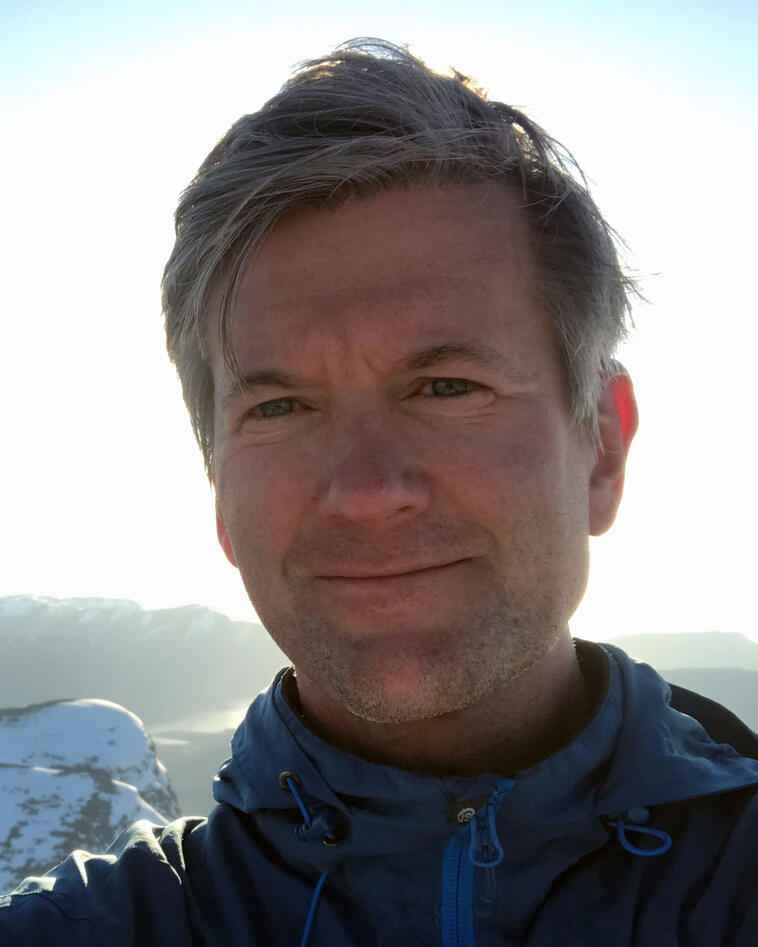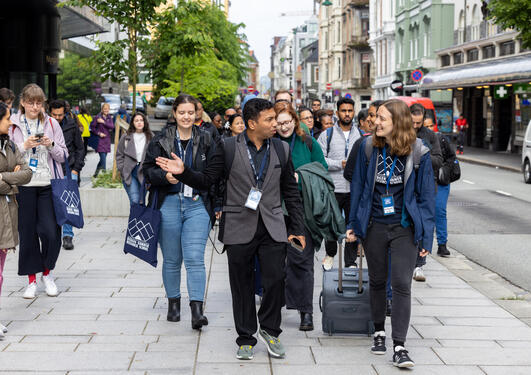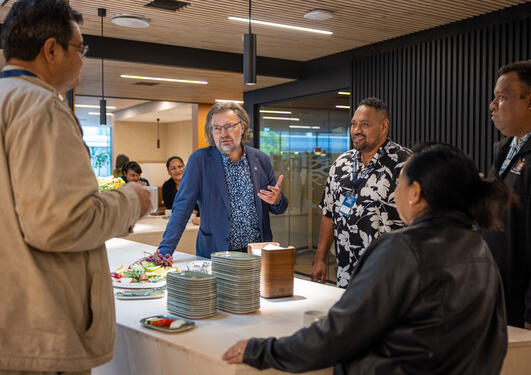BSRS 2024: Education 2030 and beyond —Addressing global challenges

Hovedinnhold
We are facing a series of complex global challenges. In recent years, we have seen unprecedented acceleration of environmental changes – including climate change, loss of biodiversity and the extinction of species at an alarming rate.
Increasing inequality, escalating polarization, poverty, conflict and war, as well as rapid technological shifts are challenges that tear at the very fabric of society. Artificial intelligence raises challenging new questions about knowledge, society, and even what it is to be human.
These challenges have local consequences and effect geographical regions and countries at different scale and strength. Inevitably, this has consequences for education – from primary level to higher education.
Addressing such challenges means to actively engage in shaping societal transitions. Education is one of the fundamental arenas – if not the most fundamental one – for engaging with such transformations.
Six parallel courses 3-13 June 2024:
And beyond?
The theme of the 2024 Bergen Summer Research School refers to the 2030 Agenda for Sustainable Development. Quality in education is one of the Sustainable Development Goals (SDG) that all countries have committed to. However, education, and in particular, Higher Education, has the potential to guide transformations toward achieving all the goals.
The role of education is thus not only to address and implement the SDGs, but also to critically engage with the goals as well as crafting the content of the agenda beyond 2030. The students we educate today will shape policies and actions far beyond the present agenda.
Beyond 2030 also refers to epistemological aspects of education. This includes changes and transformations in curricula and education to adapt to geographical and epistemological realities.
The pandemic was a setback to education worldwide. In some contexts, it halted basic schooling for millions of children who could not attend formal schooling for a long time, in some case for years. On the other side, the pandemic provided new opportunities – new digital interfaces challenged traditional concepts of learning, at least where infrastructure and resources made it possible.
Furthermore, in a World-centred education, as coined by the influential educational philosopher Gert Biesta, the aim is to equip the next generation to exist in and with the world, acknowledging that the natural and social systems put limits on what we can do with our planet.
At educational policy levels, UNESCO has acknowledged that we need a new education based on epistemic plurality. This is promising and paves new ground and creates opportunities for rethinking and encouraging a pluriverse of epistemologies in education.
In higher education, we see vibrant as well as contested debates on the philosophical and political foundations of knowledge. Higher education should be a critical space for epistemological conversations among diverse worldviews.
Thirdly, beyond refers to inter- and transdisciplinary aspects. No single discipline will be able to address or provide solutions for complex problems. This means that educational programmes should be crafted in such a way that they transcend disciplines and empower students to work together with people from different disciplinary backgrounds and expertise.
This is at the heart of what the Bergen Research Summer School aims for. We design parallel courses that will address education from diverse scholarly fields, but also a joint interdisciplinary course where the students will collaborate across disciplines.
We aim to provide improved knowledge and understandings of the complexity of societal challenges through critical and creative engagement in the courses.
This includes knowledge from diverse disciplines, and the appreciation of how the different disciplines contribute to address some of these major challenges — knowledge that can be of transformative power for people and society.


